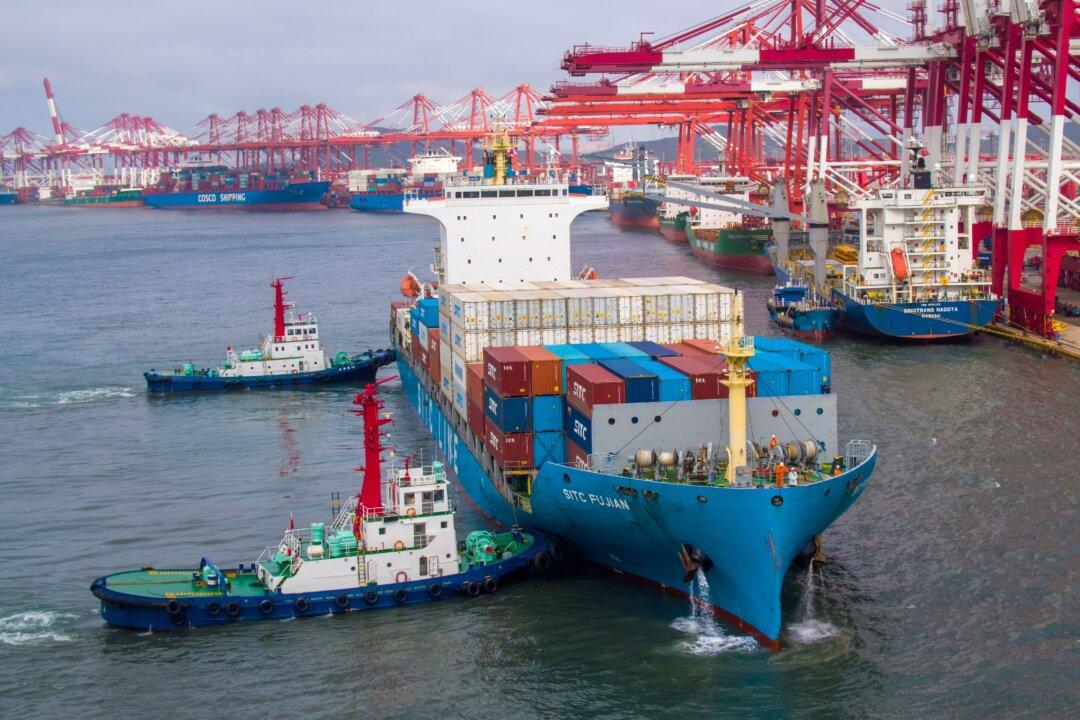China’s had more trade barriers affecting the EU than any other country last year, according to a report by the European Commission published on June 17.
The Commission’s Trade and Investment Barriers Report (pdf) said newly launched tariffs by China in 2018 affected 25.7 billion euros ($28.8 billion) of EU exports—representing half of the total impact of new barriers.





